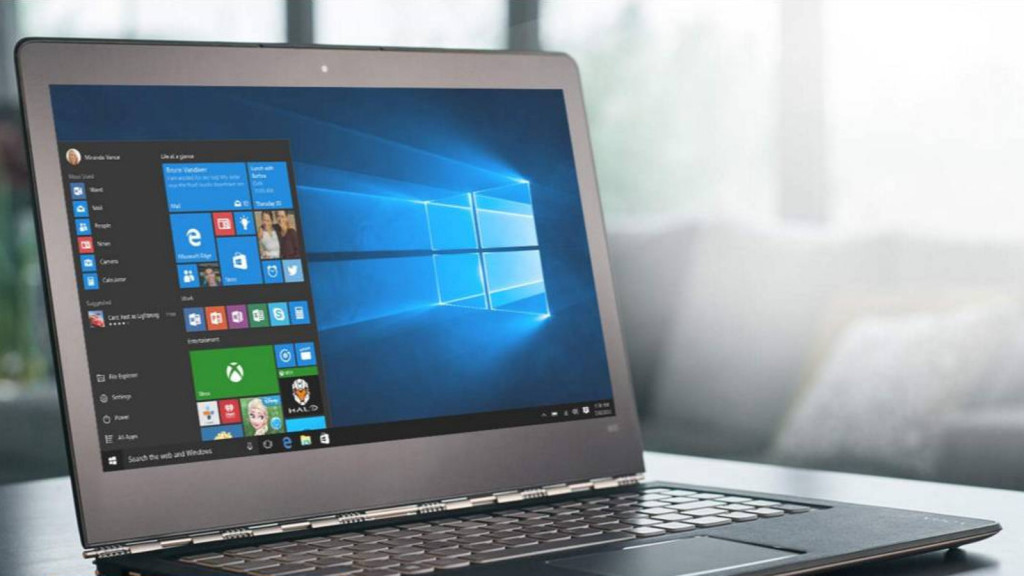Anthropic says its AI will not be used to spy on customers, even in government contracts. Here is what that means for AI governance, enterprise trust and defence partnerships.
Microsoft reveals upcoming features in Windows 10 roadmap

The BUILD conference is over, but Microsoft has more Windows 10-related news to share.
The company recently published a roadmap for Windows 10, revealing several hitherto unannounced features that were in the pipeline.
One of the coolest features is the ability to unlock your PC with a Windows Phone or Android smartphone and “authenticate with apps and services that support Windows Hello and Microsoft Passport based authentication”.
One of the few with a Microsoft Band 2 smart wearable? Then you can soon use this for PC authentication too, Microsoft confirmed.
Continuum for Phones to be expanded
Microsoft’s roadmap also focuses heavily on the Continuum for Phones feature, which delivers a PC-like experience from your phone when connected to a display.
Continuum for Phones will now deliver touchscreen display support, as well as compatibility with laptop-like form factors that lack a processor or operating system.
“When paired with a Continuum-compatible phone, it will allow you to use your phone like a laptop,” Microsoft explained in the roadmap.
Don’t have a spare monitor? Then you’ll soon be able to use Continuum for Phones on a Windows 10 PC.
What else should you expect?
Other notable features in the roadmap include Cortana’s proactive notifications in the Action Center, web notifications in the Edge browser, casting from PC to PC and the ability to control Windows 10 IoT devices from a Windows 10 PC.
These features join Microsoft’s list of upcoming features announced at BUILD last month.
The company announced support for Linux command line tools, biometric support in apps, better stylus integration and the Windows Store on Xbox One.
Windows 10 has already hit the 270-million “active device” mark but, while the company seems to be supporting it well enough, Microsoft will need to maintain the momentum if it hopes to hit its target of one billion users.

